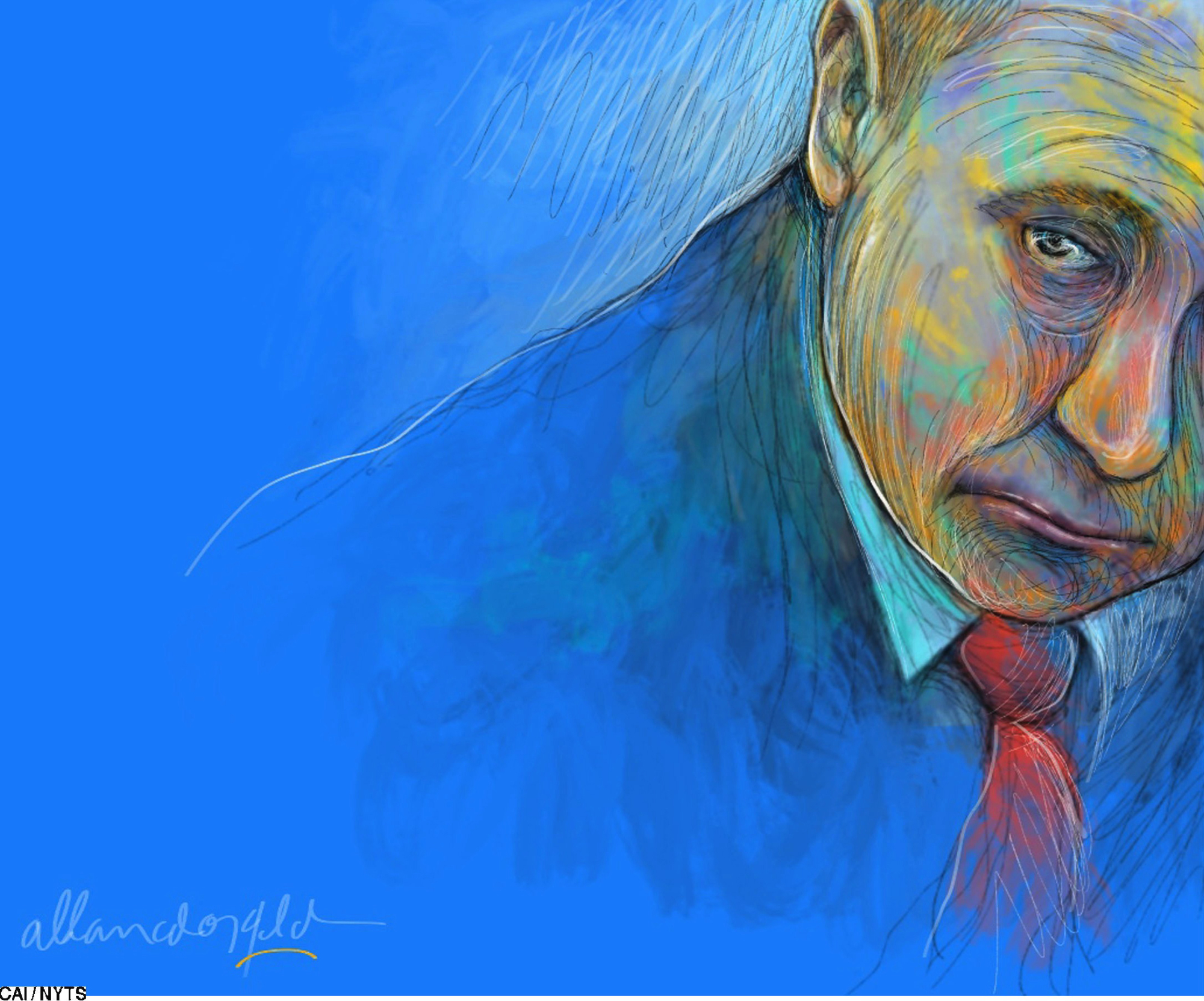High-level political purges are gathering pace in Russia. The latest evidence came in late March, with the arrests of Mikhail Abyzov, a former minister for open government affairs and — two days later — Viktor Ishayev, a former Far East minister and ex-governor of Russia's Khabarovsk region. Unsurprisingly, the arrests of such senior figures is having a chilling effect among the country's elites.
The authorities have arrested or imprisoned three former federal government ministers and a supporting cast of regional officials, all on corruption or fraud charges. A former economic development minister, Alexei Ulyukayev, is currently serving an eight-year prison sentence. The former head of Russia's Komi Republic, Vyacheslav Gaizer, is on trial and faces up to 21 years in jail. Alexander Khoroshavin, previously governor of the Sakhalin region, was sentenced to 13 years, while his Kirov region counterpart Nikita Belykh — who led the now-defunct liberal political party SPS — got eight years. And Sen. Rauf Arashukov is under investigation for a range of serious crimes.
High-level purges were relatively rare in the Soviet Union following the death of Joseph Stalin in 1953. Until a few years ago, the same had been true of post-Soviet Russia, although several senior statistics officials were imprisoned for corruption in 2004, after a six-year trial. This brought back memories of an earlier era: From 1918 to 1941, there were eight heads of the statistics service, five of whom were shot between 1937 and 1939, under Stalin's watch.


















With your current subscription plan you can comment on stories. However, before writing your first comment, please create a display name in the Profile section of your subscriber account page.